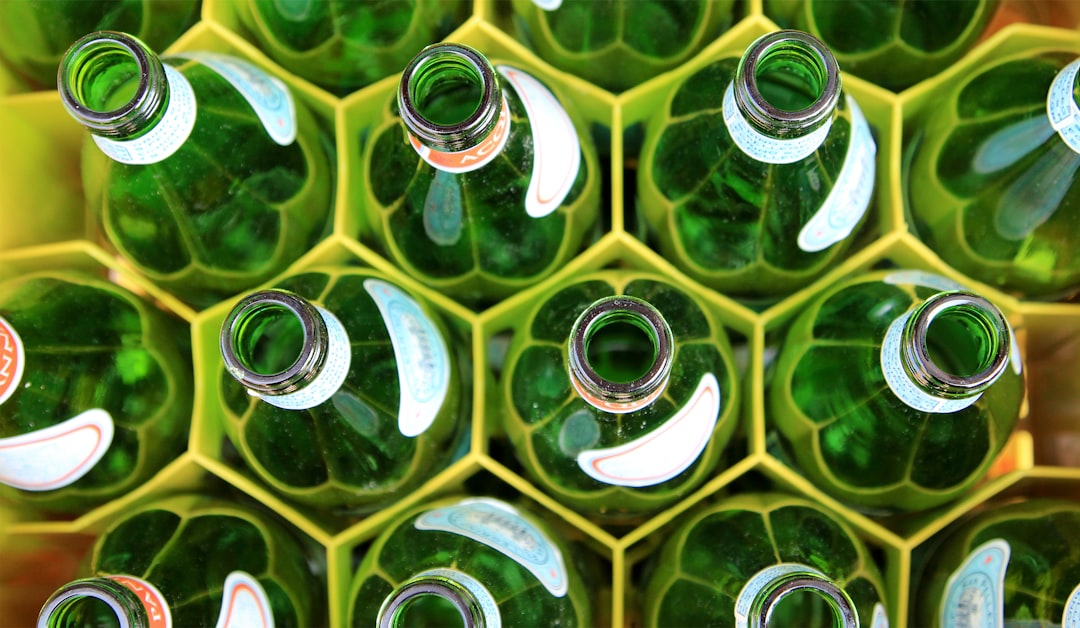Hi Helixers,
This edition revolves around the idea of transforming waste into fuel as a sustainable solution to reduce carbon emissions. We discuss the potential of using food and garden waste to produce biofuel, with the help of local councils and a common processing facility.

The concept draws parallels to certain Northern European countries where supermarkets have machines that accept plastic bottles, promoting recycling. We also touch on the role of organisations like Helix.Earth in providing insights and connecting carbon-intensive businesses with investors interested in zero-emission transitions.
We conclude with the idea that a combination of the right strategy, specific knowledge of transition processes, and available technology can lead to emission reduction and a greener world. We also highlight the importance of individual and collective efforts in achieving these goals.
The Potential of Biofuel
We begin with the discussion of producing fuel from crops and the potential risk of directing too much food to fuel production. It then shifts to the idea of using parts of plants that we don't consume, such as leaves and stems, for fuel production.
The podcast also touches on the transportation and consumer end use stages, highlighting the importance of efficient use and management of resources. It emphasizes the need to be mindful of the food we buy, how we store it, and how we use it to minimize waste.
Tapping into Unused Supply
The podcast introduces the idea of an untapped supply that remains unused. This supply could be packaged and sold as food to people or transformed into fuel. The question then arises: who should take the initiative to tap into this potential?
The conversation envisions a world where each household possesses a machine that converts food waste into fuel, offering a sustainable solution. This concept is compared to certain Northern European countries where supermarkets have machines that accept plastic bottles, promoting recycling.
The Role of Organisations Like Helix.Earth
The podcast then delves into the role of organisations like Helix in providing insights and connecting carbon-intensive businesses with investors interested in zero-emission transitions. Helix provides insights at a sector level and at a geographic region level, allowing companies to compare their performance with others in their sector in the UK.
Helix also helps companies qualify capital-intensive projects, not just in emission terms, but also in financial terms, and helps fund these projects through its network. The podcast concludes with the idea that a combination of the right strategy, specific knowledge of transition processes, and available technology can lead to emission reduction and a greener world.
In conclusion, the podcast underscores the importance of individual and collective efforts in achieving a sustainable future. It highlights the potential of transforming waste into fuel and the role of organisations like Helix in facilitating this transition. It serves as a reminder that with the right strategy, knowledge, and technology, we can create a greener world.
Keep reading with a 7-day free trial
Subscribe to Helix, by Sowmy VJ to keep reading this post and get 7 days of free access to the full post archives.


